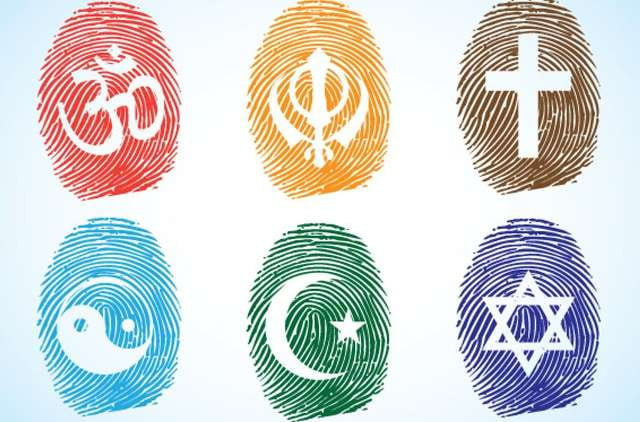In the Islamic Republic of Pakistan, religious freedom for all minority communities rests upon three core pillars: the teachings of Islam, the guiding principles of the nation’s founder, Quaid-e-Azam Muhammad Ali Jinnah, and the protective framework of the constitution. An examination of each clarifies how minorities are safeguarded both religiously and legally.
Foremost, the Islamic faith unequivocally protects the rights of minorities and prohibits coercion in matters of belief. A famous verse states:
"There shall be no compulsion in [acceptance of] the religion." (Quran 2:256)
Core Islamic teachings emphasize justice and kindness toward minorities, ensuring their fundamental rights to life, property, and freedom of conscience are protected.
Secondly, Quaid-e-Azam Muhammad Ali Jinnah articulated the rights of minorities in his inaugural address to the Constituent Assembly of Pakistan on August 11, 1947, laying the foundation for an inclusive and pluralistic society.
Thirdly, Pakistan’s Constitution upholds its rich tradition of interfaith harmony. A comprehensive framework of legal guarantees protects religious freedom and minority rights. Key provisions include:
-
Article 20: Safeguards the freedom to profess, practice, and propagate religion.
-
Article 25: Ensures equality before the law and prohibits discrimination.
-
Article 36: Mandates the state to protect the legitimate rights and interests of minorities and ensure their representation in government services.
Given such protections, the United States Commission on International Religious Freedom (USCIRF) designation appears based on a biased and arbitrary assessment, detached from ground realities.
While the report highlights misuse of blasphemy laws, it ignores Pakistan’s judicial actions, including investigations and acquittals, which demonstrate internal accountability.
Recent legal reforms, such as acquittals in blasphemy cases and a new law restraining child marriage, have been overlooked.
Religious freedom challenges are not unique to Pakistan. Western societies, including the US, face systemic intolerance, racism, hate crimes, and religious violence—issues that USCIRF reports often ignore while fixating on Pakistan.
Selective targeting is further highlighted when comparing international cases:
-
India’s actions in IIOJK, including mob lynchings and anti-Muslim legislation, have gone largely unpunished. Despite USCIRF recommending India for CPC status three times, the US never designated it.
-
Israel systematically denies Palestinians religious freedom by demolishing mosques and restricting access to Al-Aqsa, yet it has never been recommended for CPC designation.
Even Afghan refugee repatriation, a sovereign immigration matter, is framed as discrimination, while similar Western deportations go unexamined.
This double standard undermines the credibility of USCIRF. Excluding India and Israel, both serial violators of religious freedom, raises serious questions about the objectivity and transparency of such reports.
Pakistan remains convinced that discriminatory, unilateral exercises are counterproductive and do not advance the global cause of religious freedom.
Islamabad believes contemporary challenges such as religious intolerance, xenophobia, and Islamophobia can best be addressed through constructive engagement, mutual understanding, and respect. In this spirit, Pakistan has engaged bilaterally with the US to promote dialogue.
Religious freedom should not be used as a geopolitical tool. Selectively targeting a few countries undermines the credibility of such reports. Pakistan’s context should not be weaponised to pressure its sovereignty, while many other nations escape accountability for ongoing violations.


COMMENTS
Comments are moderated and generally will be posted if they are on-topic and not abusive.
For more information, please see our Comments FAQ